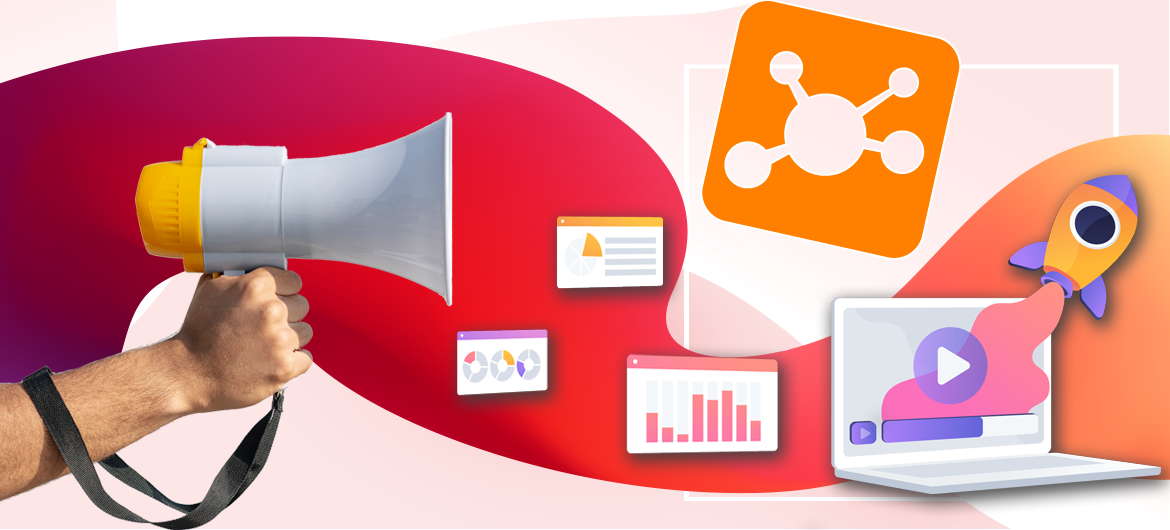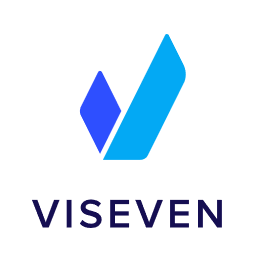
E-learning trends: their effectiveness and ways of implementation
The e-learning industry is constantly developing. According to Global Market Insights, the eLearning market is expected to grow rapidly from 2022 to 2028. To keep up with the trends and create learning content that will be in demand among employees, it is important for companies to stay informed about new e-learning trends.
We conducted a small research and prepared a list of the top 5 trends in corporate e-learning that you should pay attention to in 2023.
TOP 5 best e-learning trends in 2023
Trend №1. Adaptive learning
Adaptive learning is becoming increasingly popular in corporate e-learning. Its approach is that learning is adapted to the needs and abilities of the employee. Such a training system allows you to create an individual development path that takes into account the cognitive characteristics of a person, their patterns of information perception and initial skill level.
How to implement it in LMS Collaborator: In LMS Collaborator, you can create personal development plans (PDPs) for employees. Fill them with a variety of learning tasks and resources, according to the needs and level of employee proficiency. In addition, the PDP can include additional individual tasks. For instance, a list of recommended readings, links to useful videos, podcasts, webinars, etc.

Trend №2. Integration of virtual and augmented reality (VR and AR)
Augmented reality (AR) and virtual reality (VR) technologies have been a trend in recent years that has been actively used in corporate learning. It is an effective tool for practical training of employees that simulates working conditions close to the real ones. Employees gain live experience and practice the acquired knowledge and skills without risk. The simulated VR environment is available to employees at any convenient time, making training continuous. This technology is not publicly available, and its implementation and use will require considerable investments.
Trend №3. Gamification and game-based learning
It’s a trend that hasn’t lost its relevance over the past few years and is becoming even more popular. Gamification helps to make any learning interesting, increase employee engagement and motivation. There are many ways to implement gamification in learning. It can be either an entire training game or the introduction of individual game elements into learning courses: points, awards, ratings, leaderboards, etc.
How to implement it in LMS Collaborator: For completing tasks in the Collaborator LMS, employees receive points, which are used to form their learning rating. And for successfully completing a task, they can receive awards – badges. In addition to badges, you can also issue a certificate that confirms certain knowledge and skills. These simple elements of gamification make learning more interesting and support healthy competition within the team.

Gamify learning with LMS Collaborator tools.
Submit an application and get demo access to the learning portal right now.
Trend №4. Continuous learning
Knowledge is not a sustainable resource, it needs to be constantly maintained and updated. The concept of continuous learning is about continuing to grow, both professionally and personally. Because acquired knowledge quickly becomes obsolete, many companies maintain a culture of continuous learning.
It helps them keep their employees’ knowledge and skills sharp and adapt them to new and rapidly changing environments. Managers are also becoming even more focused on ensuring that employees are able to upskill or retrain for current and future positions through a variety of training programs.
Trend №5. Learning based on scenarios and simulations
Simulations help to model real-life situations that can happen to an employee at work. It helps to immerse them in the learning space as much as possible, to help them virtually go through a real situation, and to practice critical knowledge and skills. Such learning develops critical thinking, the ability to make quick decisions and solve problems. It helps to minimize the possibility of conflict situations and bring the level of customer support to a high level.
How to implement it in LMS Collaborator: A prominent example of scenario-based learning is dialog simulators – interactive tasks that simulate virtual conversations and situations. LMS Collaborator supports integration with BranchTrack, a European platform for creating dialog simulators. It is a simple and convenient editor for creating interactive simulations that can be used on any device. You get dialog simulators as part of training programs, courses, and learning paths.

How to effectively adjust the learning system to new trends?
 Viktoriia Balachuk – Head of Customer Success, Product Owner LMS Collaborator, mentor El`Lab
Viktoriia Balachuk – Head of Customer Success, Product Owner LMS Collaborator, mentor El`Lab
The main thing to keep in mind is your business needs and internal objectives. Considering them, you can use trends as new tools to achieve business goals through employee learning.
Of course, trends also have their benefits as they provide new opportunities.
For example, one of the learning trends that has remained relevant over the past few years is adaptive learning, which adapts to the level of knowledge and needs of the employee. It can be used as a basis for implementing other trends and popular methods and tools. That is, to adapt each of the trends to the tasks of your learning project, where they will fit into the process in the best way and improve it qualitatively.
Any new tools should be introduced with small focus groups, and be sure to pay attention to and respond to feedback afterwards. And then scale to a larger audience if necessary.
Conclusion
The success of a company depends on its learning strategy. It is a key element in building and developing a business. To organize interesting learning that employees will enjoy and that will benefit the business, you need to keep up with trends and implement them in your learning strategy.
- The world is constantly changing, and it is important to be able to quickly adapt to new conditions and challenges. Continuous learning is the tool that will help keep employees’ knowledge up-to-date and adapt to constant change.
- Gamification, virtual and augmented reality, simulations are advanced technologies that help make corporate learning innovative and exciting.
- The success of the learning strategy lies in an individual approach to employees, adapting learning to their needs and abilities. Such a learning system considers a person’s characteristics, knowledge level, and way of perceiving information, thus allowing for the creation of an individual development path.
Provide an engaging learning experience for your employees with LMS Collaborator. Submit an application and our managers will help you choose the right tools.



































